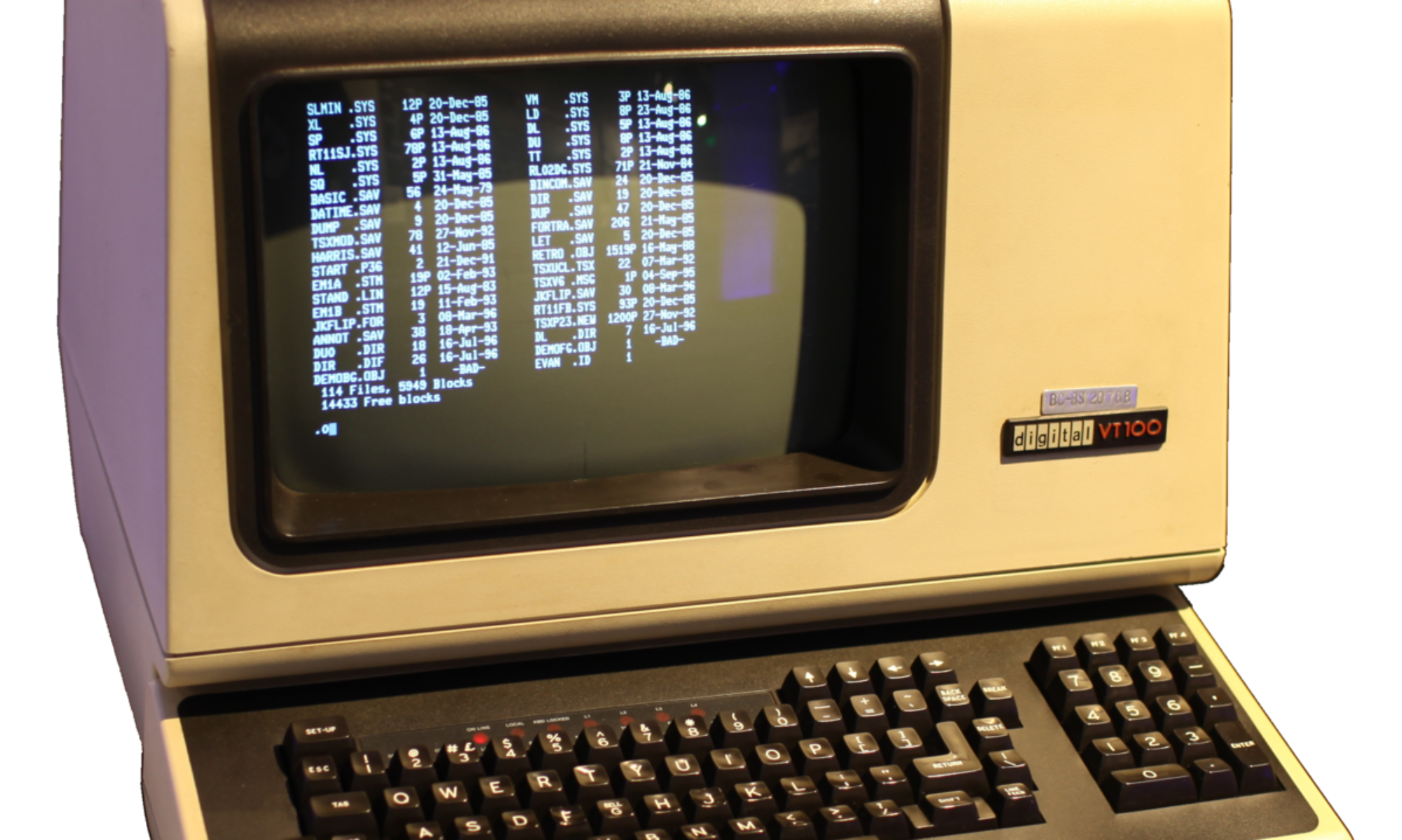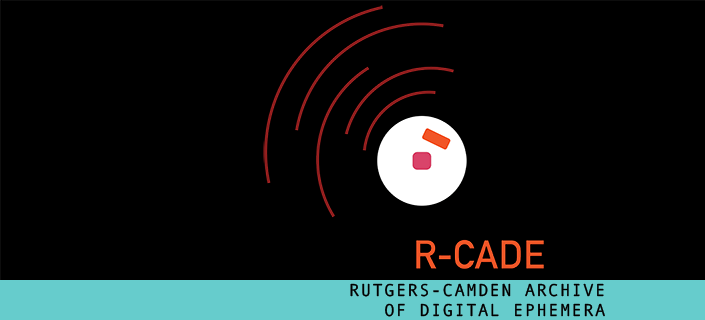Robert Emmons and James J. Brown, of Rutgers University, Camden presented a fascinating history of the conception, development and ongoing work of their R-CADE Archive of Digital Ephemera at the Humanities Center. R-CADE is an archival project that encourages researchers to engage directly with objects not through preservation, but exploration, repair, repurposing and transformation. Conceived as part of a broad, interdisciplinary effort which Emmons and Brown call Digital Studies (a brand that has drawn in scholars and students from the humanities and sciences alike) R-CADE has hosted four successful symposia at Rutgers-Camden, and has grown from its humble beginnings into one of the most notable events in the field.
Professor Brown kicked off the talk by giving a short personal history of his pitch for what would eventually become the R-CADE, a Digital Studies project that would not only collect digital objects and software, but create an environment where “Scholars are free to take apart, dissect, and repurpose artifacts … as they attempt to understand their historical and cultural significance.” The following year, the R-CADE hosted its first symposium organized around the Gameboy Camera. The event attracted scholars from a variety of fields, including Media Studies, Childhood Studies and Fine Arts, who collaborated to explore and exhibit the historical and cultural significance of the Gameboy Camera in a variety of presentations, art installations and presentations.
Professor Emmon then discussed how the overwhelming success of R-CADE’s first symposium has fueled the evolution of the annual symposia from events focused on a specific digital artifact into broader events tackling multiple artifacts and drawing scholars from further afield (including the University of Rochester’s own Josh Romphf). Next year, Professors Brown and Emmon look forward to hosting “Technique” the first themed symposium at Rutgers-Camden. Following their talk, our guests fielded questions from a curious crowd about their unique project and its many novel features.
James Rankine is a PhD Candidate at the History Department of the University of Rochester and a 2017-2019 Mellon Fellow in the Digital Humanities.


